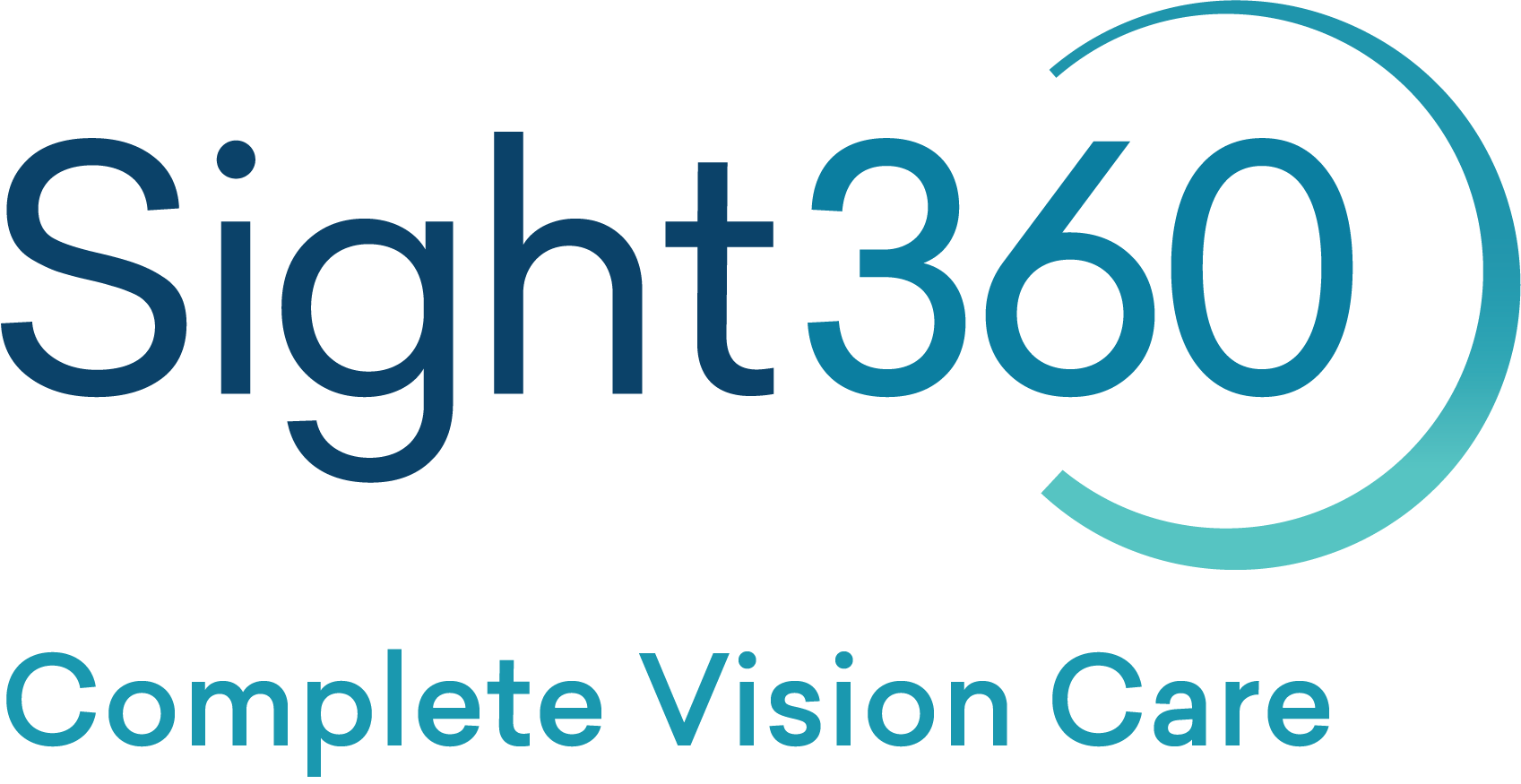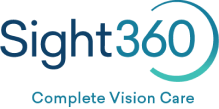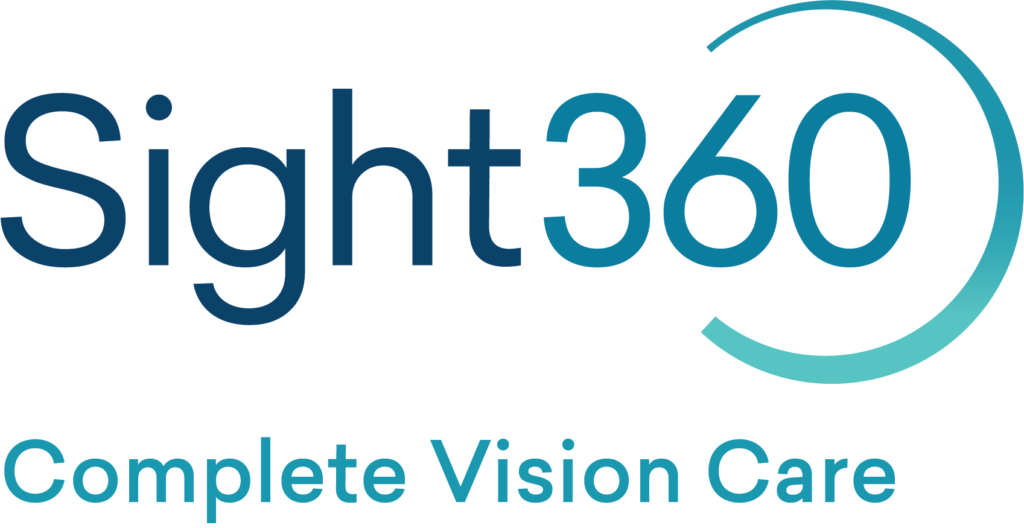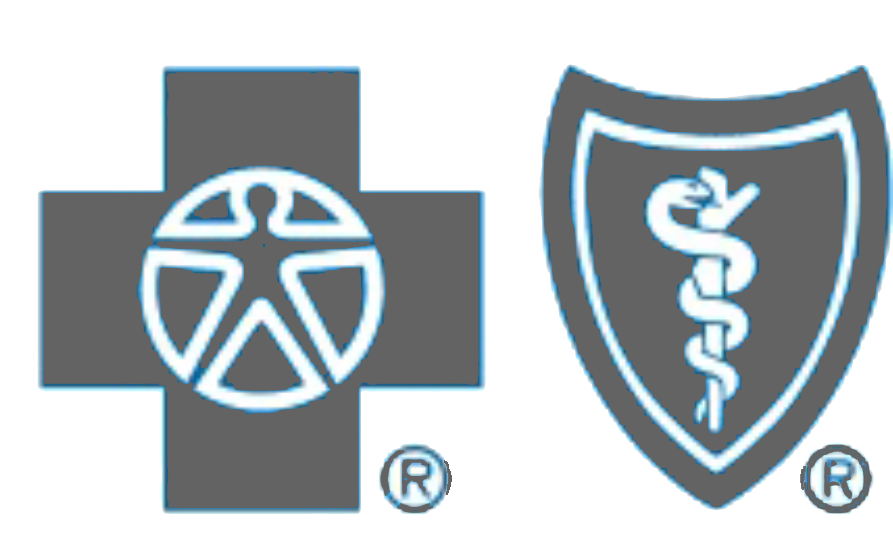- Home
- /
- Services
- /
- Ophthalmology
- /
- Cataracts
Cataracts
If you have questions about cataracts, you have come to the right place. We can help you understand the signs of cataracts, what causes them, and the benefits of elective surgery.
#
Cataract Treatment in the Tampa Bay – St Petersburg Area
What are Cataracts?
If you have questions about cataracts, you have come to the right place. At Sight360, we are a comprehensive vision organization offering optometry, ophthalmology, and optical retail services for residents of St. Pete and Pinellas Park, Florida. We can help you understand the signs of cataracts, what causes them, and the benefits of elective surgery.
Understanding Cataracts
In general terms, cataracts are a clouding of the lens behind the colored part of your eye. This clouding is the result of proteins clumping together during the aging process. When light cannot directly pass through this cloudiness, patients can experience problems with their vision. Cataracts symptoms include:
- Trouble with your usual glasses or contacts
- Cloudy or double-vision
- A distracting glare reflected off of oncoming headlights when you drive
What to Expect from Your Cataracts Evaluation
We will take measurements of your eyes to understand the dimensions of the cataracts and then conduct a comprehensive eye exam and cataract evaluation. As part of this exam, we will dilate your pupils to closely examine the cataract.
What to Expect on Your Cataract Journey
We’ll start with a consultation and then perform an eye evaluation to determine the extent of the cataracts. Next, we’ll help you choose the right surgery and lens options for your needs.
Surgery Options
There are two types of surgery available: traditional and laser cataract surgery. Traditional surgery involves making an incision in the cornea using a blade, while bladeless surgery makes use of the state-of-the-art computer-guided Femto Laser.
Lens Options
There are a wide range of cataract intraocular lens options available and the best choice for you will depend on your day-to-day lifestyle and needs. Our range of lenses includes the Light Adjustable Lens and mono-focal, multifocal, and toric artificial intraocular lenses.
Cataract Recovery
Your recovery process will depend on the type of surgery you choose. With traditional cataract surgery, full recovery takes about two weeks. Bladeless surgery involves reduced recovery time, and the patient can generally resume their normal activities with minimal restrictions following the procedure.
Financing Options
At Sight360, we maintain a commitment to providing vision care that is both cutting-edge and affordable. We have a number of financing options available, including Wells Fargo financing. We also accept over 50 vision and medical insurance plans.
Next Steps
You can trust us to provide you with guidance every step of the way to help renew your vision.
Scheduling Your Cataracts Surgery
Find out about your cataract options today! If you live in St Pete or Pinellas Park and are struggling with cataracts, we encourage you to give us a call at (866) 824-4280 and schedule a consultation appointment with our experienced team.
Cataracts are a medical condition affecting the eye’s lens which is located just behind the pupil. They cause the lens to become cloudy or opaque, hindering its ability to focus light onto the retina at the back of the eye.
The clouding of the lens in cataracts results from the clumping of proteins within the lens. This clumping prevents light from passing through clearly, leading to various vision problems.
Symptoms of cataracts include blurred or distorted vision, sensitivity to light, difficulty seeing in low light conditions, and seeing halos around lights. These symptoms may develop gradually as the cataracts progress.
The most common cause of cataracts is aging. Other contributing factors include diabetes, prolonged exposure to sunlight, smoking, and certain medications. Understanding these factors can help in taking preventive measures.
Cataracts can be effectively treated through surgery. During the surgery, the cloudy lens is removed and replaced with an artificial lens. This procedure is generally safe and has a high success rate in restoring clear vision.
Navigating life with cataracts can be profoundly limiting. As cataracts grow your day-to-day vision will often look as if you are looking through a dirty glass, where everything is blurred or fuzzy, and colors appear faded. Surgery will restore your vision clarity and colors to their former brightness.
Our board-certified ophthalmologists are trained to perform cataract surgery by removing the existing lens and replacing it with an artificial intraocular lens. Cataract surgery will help you gain a 360 perspective and improve your quality of life.
Non-surgical treatments are a great option for those who wish to avoid surgery or do not yet need surgery.
Using anti-glare sunglasses, utilizing brighter lights for daily tasks, magnifying glasses or lenses for reading, and keeping up-to-date with eyeglasses and sunglass prescriptions are alternatives to immediate surgery.
For patients who find themselves in more advanced stages of cataracts and want to find a long-term solution, a surgical procedure is the best remedy to remove cataracts. It is a safe and commonly performed procedure that removes the natural lens within the eye and replaces it with an artificial intraocular lens that will allow you to see clearly. Patients can choose either a mono-focal, multifocal or toric artificial intraocular lens and may choose from traditional Cataract Surgery or Femto Laser for Bladeless Cataract Surgery.
Traditional Cataract Surgery
During Traditional Cataract Surgery, our board-certified ophthalmologist will make an incision with a blade in the cornea, remove the natural lens (cataract), and implant a clear, artificial intraocular lens. After surgery, you will be instructed to follow specific instructions to heal and protect your eyes.
Femto Laser for Bladeless Cataract Surgery
The Femto Laser utilizes a state-of-the-art computer-guided laser linked to an optical imaging system that removes the need for a blade for the procedure resulting in exact incisions at a depth, length, and orientation that is more accurate than traditional surgery. Patients undergo surgery with an accurate, non-invasive technique that replaces many of the steps that traditional cataract surgery takes and therefore reduces the recovery time.
Laser surgery reduces vision irregularity and lessens or eliminates astigmatism. Once the procedure is complete, the patient can resume normal daily activities with limited restrictions and with the expectation of noticing results by the two-week mark.
The Light Adjustable Lens is the first and only IOL that allows our surgeons to fine-tune your prescription after cataract surgery, resulting in your best visual outcome. For more information, please see Cataract Light Adjustable Lens.
The basic intraocular lens (Monofocal Intraocular Lens) has one strength/power. Our ophthalmologist will discuss with you the appropriate power needed based on your lifestyle. For instance, your doctor may place an intraocular lens with the ability to correct your distance vision; in this case, you would require reading glasses for clear vision up close. Conversely, your vision could be corrected for reading, in which case you would need glasses to help you see clearly at a distance.
Another option is for your doctor to select the implant strength for you to see clearly at a distance for one eye and a different strength—the one for up-close—for your other eye so that you can see clearly at all distances with less dependence on glasses after surgery. This works well for most people, but some people have trouble with depth perception when their two eyes are focused at different distances. We typically recommend this option for patients who have previously and successfully worn monovision contact lenses.
Ideal for decreasing postoperative astigmatism, the toric intraocular lens is designed to correct regular corneal astigmatism from affecting your vision. When an eye has astigmatism, it can’t see clearly at any distance without glasses or contacts. Upon completing this surgery, patients will most likely need distance or reading glasses.
This FDA-approved multifocal option is the first and only trifocal lens available in the United States. The premium lens allows for three different distances of vision for clear near, intermediate and distance vision. Instead of adopting reading glasses or wearing bifocals, this lens corrects blurry vision at all levels of distance at once. In fact, 80.5% of people with the PanOptix® Lens reported never using glasses after surgery, and 11.4% reported that they rarely used them.
This intraocular lens combines the benefits of both the Acrysoft® IQ Toric and Acrysoft® IQ Pan Optix® Tri-focal intraocular lens resulting in the correction of blurry vision at all levels of distance at once. With AcrySof® IQ PanOptix® Trifocal Toric Intraocular Lens vision becomes sharper and brighter, and there are no longer any blurry zones that create straining to focus for all distances of sight. The Acrysoft® IQ PanOptix® Toric Trifocal Intraocular Lens is an excellent choice if you want to significantly reduce your dependence on glasses and/or contact lenses and if you also have significant astigmatism.
This intraocular lens option uses wavefront technology shaping to provide a broader range of vision, usually with fewer visual disturbances that one may experience with other intraocular lens choices. This AcrySof® IQ Vivity™ Extended Vision Intraocular Lens allows you to enjoy life with less dependencies on glasses and/or contact lenses.
This intraocular lens combines the benefits of both the Acrysoft® IQ Toric and Acrysoft® IQ Vivity® Toric Extended Depth of Focus Intraocular lenses, resulting in a broader range of vision with fewer visual disturbances. The AcrySof® IQ Vivity™ Toric Extended Vision Intraocular Lens is a great choice if you have astigmatism and want to significantly reduce your dependence on glasses and/or contact lenses.
Sight 360 Offers Complete Vision Care
Your vision matters. Our team at Sight360 includes top vision health specialists from ophthalmology, optometry, and optical retail committed to integrity and patient care. We aim to provide comprehensive, end-to-end eye care from a convenient, trusted, and all-inclusive source. Call to schedule a consultation appointment today.
Do you have a prescription? No Appointment Necessary!
If you have an existing prescription for eyeglasses or contact lenses, stop in anytime during business hours at any one of our locations. You do not need an appointment to speak with a licensed optician to fill your prescription.
Find a Cataract Surgeon at a Clinic Near You
The more you learn about your own eye health, the better you can collaborate with your eye doctor. Our board-certified physicians will share knowledge, coach and empower you to make factually informed decisions about your care and treatment plan.
Cataracts Conditions & Treatments
Highly Rated Eye Doctors & Vision Care Specialists
Your sight is your most important sense. Therefore, you want to make sure it is in excellent hands. You can trust the vision care specialists at Sight360, but don’t take our word for it.
Here’s what our patients have to say about the level of care we provide.













